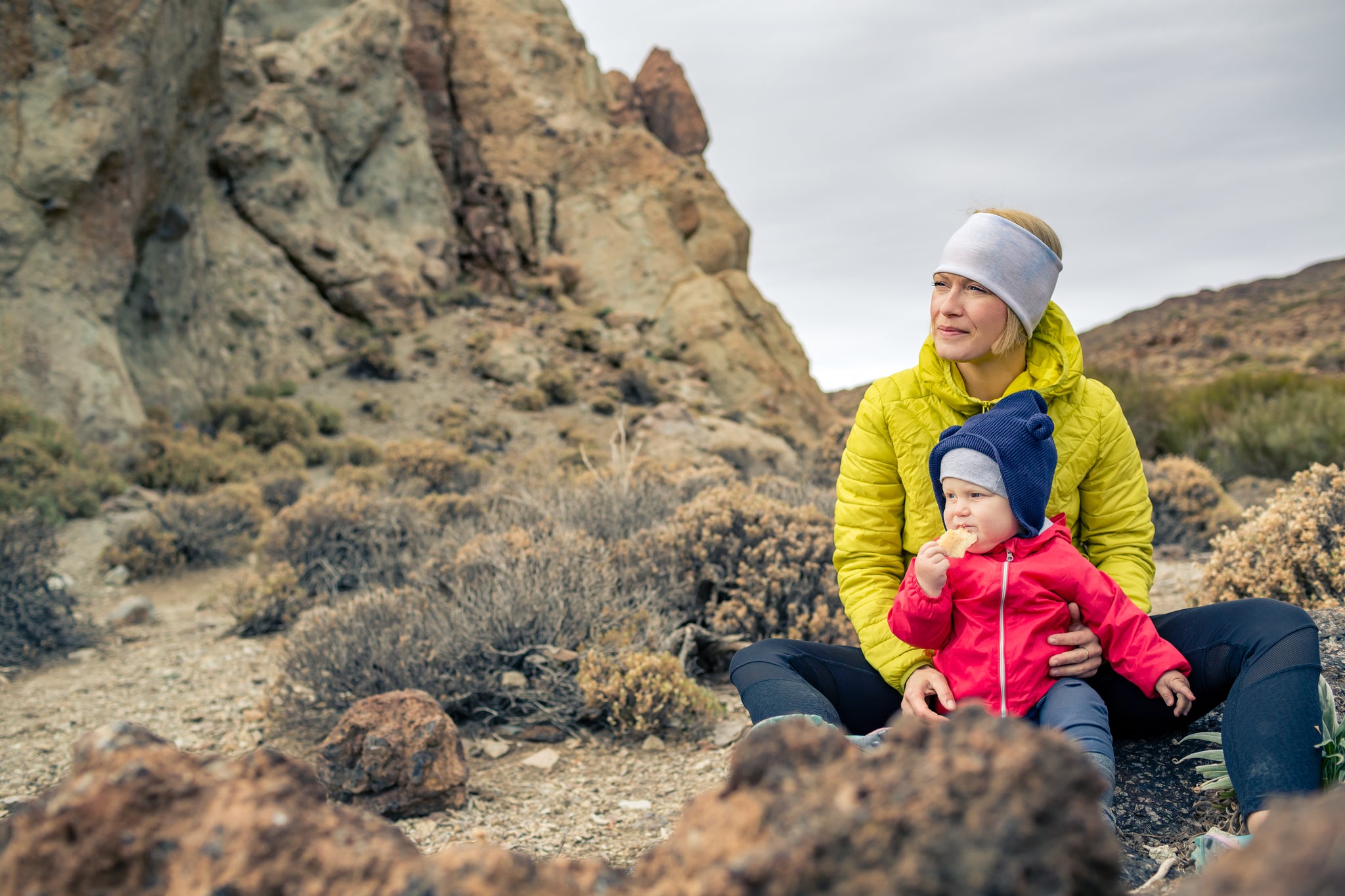
Having a family is most certainly a blessing, and whether it's your niece, son, grandchild, or little sister, a lot of us can’t help but love the idea of showing them the world and teaching them new things. Traditional travel cramped up in the family car isn’t always very much fun, and by the time you get to the hotel, everyone just wants their space along with a shower and a nap.
If you had the opportunity to live and travel in your RV, spend more time with your family, and give your kids a way cooler childhood than you had, you’d do it wouldn’t you?
Even if you’re just testing the waters, here some things to add to your checklist when bringing your kids along.
Unless they have the luck of taking an auto class credit in their high school, children of the millenial age are moving into adulthood without ever learning to change a tire, check oil, or jumpstart a battery, even with access to Youtube!
Life in a camper gives them the opportunity to actively learn a whole new skill in a hands on setting. In addition to the overall mechanics of your RV, another relevant and useful gem that will come in handy is your child’s basic understanding of the plumbing system.
When you empty your blackwater tank, allow them to watch the process and participate in the smaller tasks that can be safely demonstrated. Most parents end up having the conversation with little ones on what we do, and do not put in the potty at some point. However, your RV septic system operates a little differently than the one at home, requires special toilet paper, and sometimes the natural odor of a mobile toilet needs to be countered.
Even if you travel for a few months and decide you’d rather stick to a permanent and more stable setting, repetitively involving your children in the care of their home will give them invaluable knowledge for the future.
Aside from infants and toddlers, older kids should start memorizing important information. Drill your children on cell phone numbers, the license plate to your vehicle, your permanent home address, an emergency contact, and make sure they study up daily.
When staying at a campgrounds, set an “invisible perimeter” as a boundary for how far they’re allowed to play, and create a designated meeting point if anyone gets separated from the group. It not only keeps them safe, but hopefully provides them with enough confidence to keep a cool head, and stick to the plan.
In the United States alone over 100,000 kids go missing every year, and about 4% are never recovered. So go over the safety plan, and make sure they understand that they are to never, ever leave with strangers; they know that you’re coming for them, and they’re not to move from the meeting point if they’re lost.
If you’ve made it through the summer and decided that this is the best possible option for your family, go for it! You were more than qualified to guide them into walking and talking, and the Civil War is much more interesting when you can drive on down to San Antonio and see the Alamo yourself.
Most public schools follow a curriculum that is meant to accommodate slower learners so that they don’t fall behind, and the bill at a private school isn’t a possibility for everyone. In an RV though, your kids can move at an accelerated learning pace in a stimulating environment rather than being stuck in desk all for 6 to 8 hours day.
Making Friends
Another question that arises as far raising a family in a camper is whether or not children will have enough access to friends and people their own age. Many RV parents insist that socializing and making friends hasn’t been an issue though! In fact, lots of kids build strong connections through pen pals and trips to museums or national parks.
There will most certainly be times when they get lonely or miss their buddies. Once they’re old enough to get out on their own though, they’ll appreciate that no matter where they go, a friendly face will be there.
You can rest easy knowing that they can change a tire, operate a septic tank, and navigate their way through the world with confidence.
|
|